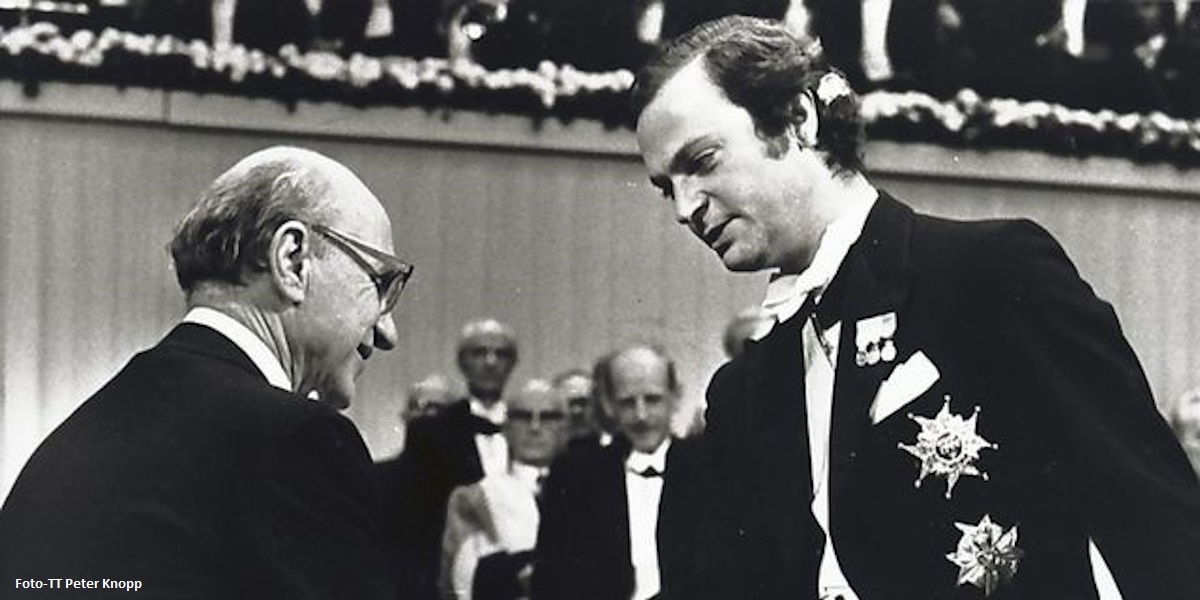The theme takes a new approach to arguably a central element of change in Nordic politics. It hypothesizes that a key aspect of change in the Nordics is the qualitative change in the social category of the wage earner. Carried out by a both qualitatively and quantitatively oriented economic historian (Bengtsson) as well as by an historically inclined political scientist (Howell), the theme seeks to understand both the conceptual underpinnings and the class alliances that have transformed class identities and socio-economic categories and actors since the 1970s.
The first sub-study focuses on constructions of the wage earner, and the relation of this category to competing socio-economic identities, by examining Sweden but placing Sweden in broad comparative light. The role of collective bargaining in society since the 1960s is investigated, as is the macroeconomic governance of wage policy and the role of expertise in this governance.
The second sub-study will examine the arena of work and industrial relations in Sweden and Denmark in the period since the 1980s. Deregulation of industrial relations in the Nordics did not involve a direct capital assault on the Model but has to be understood as a renegotiation process of the value and organisation of work. This included new alliances of actors of labour and capital, as well as new utilisations of legal expertise and Swedish and European labour law.
